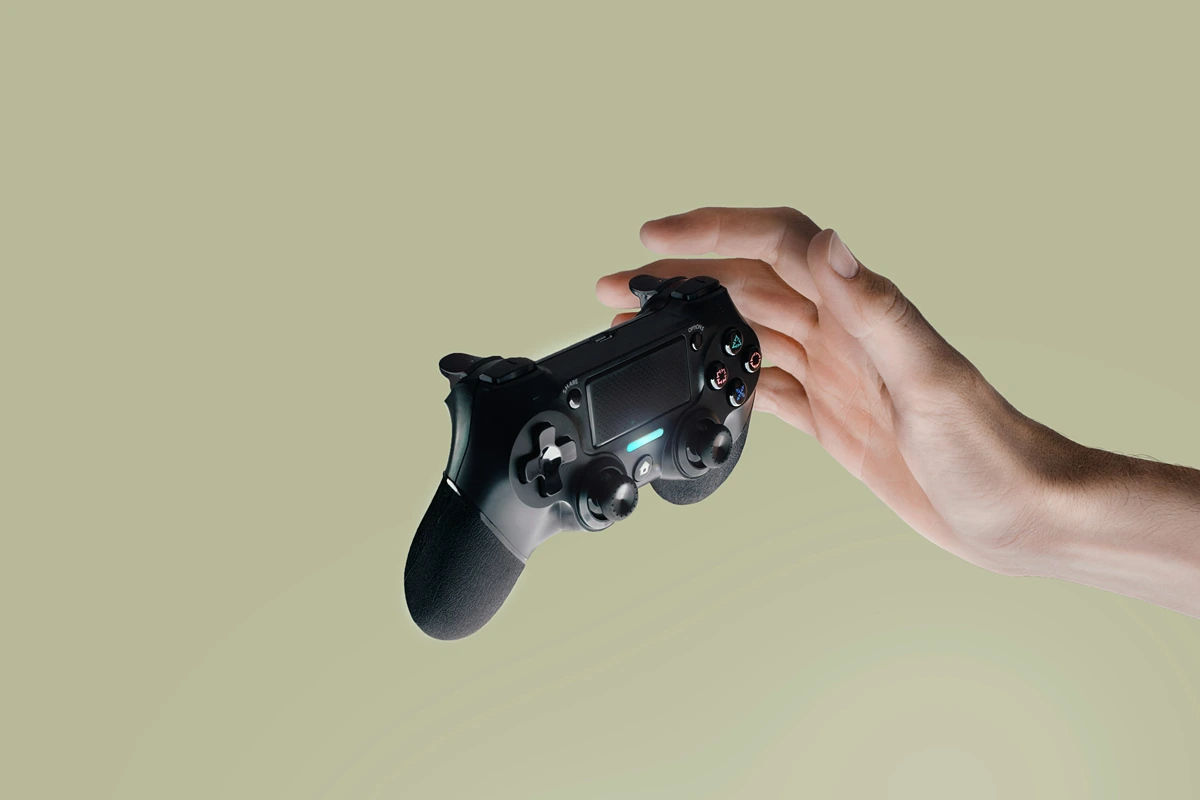Why ADHD Intensifies the Pull of Video Games
Modern games drip‑feed dopamine hits—exactly what ADHD brains crave. Combine that with hyperfocus and impulsivity and you have a recipe for ADHD and video games spiralling into compulsive play (Wang et al., 2017).
- Instant rewards & endless quests trigger the brain’s reward circuit faster than school or work.
- Executive‑function gaps make it harder to hit pause once play begins (Ko et al., 2025).
- Hyperfocus locks attention on high‑stimulation tasks, stretching “one more level” into all‑night sessions.
- Stress escape valve —games can mask boredom, anxiety, or rejection sensitivity common in ADHD (Kaya et al., 2024).
Left unchecked, this loop can erode grades, sleep, mood, and relationships.
Red Flags Your Video Games are Slipping from Hobby to Habit
- Neglecting essentials —skipped classes, work, or hygiene to keep playing.
- Mood swings when you’re forced to log off.
- Losing track of time—play sessions regularly exceed plans by 1 hr+.
- Sleep debt from late‑night gaming marathons.
- Social retreat—preferring guild chats to real‑life friends.
If three or more sound familiar, try the recovery steps below.
5 Step Playbook for Online Gaming
1. Map Your Patterns (Self‑Audit)
Track when, how long, and why you game for one week. Note triggers like boredom, stress, FOMO. Awareness is half the battle.
2. Set Non‑Negotiable Boundaries
- Scheduled play windows. e.g., 8‑9 p.m. only on Fri‑Sun.
- Tech‑free zones at the bedroom & dining table.
- Timers & lock apps add friction for impulsive launches.
3. Swap Hyperfocus Hits
Replace digital stimulation with offline highs:
- Exercise – shown to cut gaming hours and lift mood (Aryani et al., 2024).
- Skill hobbies – music, drawing, coding side‑projects.
- Face‑to‑face socials – reduce isolation and support dopamine balance.
4 Practise Mindful Interrupts
Use a 10‑second pause before loading a game – ask “Does this serve my goal right now?” This micro‑check builds inhibitory control.
5 Recruit Accountability
Tell a friend, join a support forum, or work with an ADHD‑savvy coach. Structured coaching improves follow‑through (Prevatt & Yelland, 2015).
When to Call in the Online Gaming Pros
- Gaming disrupt daily life despite self‑help.
- Co‑occurring depression, severe anxiety, or substance use.
- Parents noticing aggression or secretive play in teens.
Therapies like CBT, medication tune‑ups, or specialised ADHD coaching can fast‑track recovery (Grassi et al., 2024).
Key Takeaways
- ADHD brains are wired for the instant rewards games offer – making ADHD digital addiction riskier.
- Self‑tracking, firm boundaries, and rewarding offline alternatives are core gaming addiction recovery tools.
- Progress beats perfection—expect slip‑ups, learn, reset.
Need a nudge? Our ChatBot offers real‑time ADHD addiction strategies and goal tracking. Prefer deep‑dive reading? Grab the “Offline Now” eBook for quadrant‑specific plans.
References
- Aryani, A., Kusum, K. S., & Saputra, M. J. (2024). Physical exercise intervention for gaming disorder: a systematic review. International Journal of Mental Health, 53(4), 438–452.
- Grassi, G., Moradei, C., & Cecchelli, C. (2024). Long‑term changes on behavioural‑addiction symptoms among adults with ADHD treated with methylphenidate. Journal of Behavioral Addictions, 13(4), 904–912.
- Kaya, A., Türk, N., Batmaz, H., & Griffiths, M. D. (2024). Online gaming addiction & basic psychological needs. International Journal of Mental Health and Addiction, 22, 2413–2437.
- Ko, C. H., Koncz, P., & Yen, J. Y. (2025). Physiological & neuropsychological indicators of mobile gaming addiction. Acta Psychologica, 254, 104809.
- Prevatt, F., & Yelland, S. (2015). An empirical evaluation of ADHD coaching in college students. Journal of Attention Disorders, 19(8), 666–677.
- Vasiljeva, K., Kyriakopoulos, A., & Wilson, C. (2024). Recovery from gaming addiction: a thematic synthesis. Cyberpsychology, 18(2), Article 5.
- Wang, B.‑Q., Yao, N.‑Q., Zhou, X., Liu, J., & Lv, Z.‑T. (2017). ADHD and internet addiction: meta‑analysis. BMC Psychiatry, 17(1), 1–12.
*Disclaimer: Offline Now offers educational coaching tips, not medical or therapeutic advice; please consult a qualified health professional for personal or clinical concerns.*



